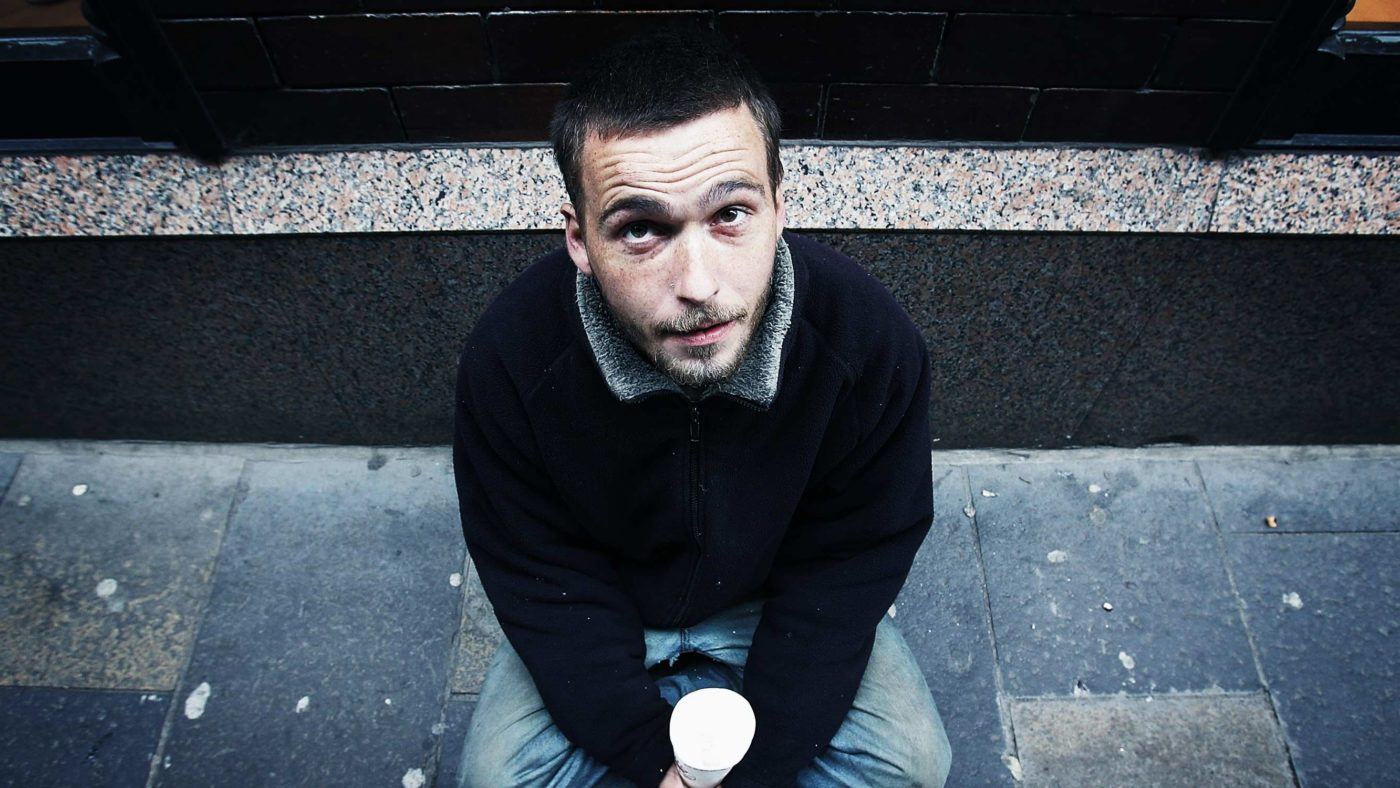A secure, suitable home is fundamental to the life chances of the poorest in society. Without it, adults can struggle to maintain employment or provide the environment that will help their children to flourish. Furthermore, prolonged periods of homelessness often worsen people’s existing vulnerabilities, such as drug addictions and mental health conditions, destabilise family and support networks and push people further from the labour market. In short, stable homes are a crucial part of efforts to tackle poverty.
With this in mind, it is concerning that homelessness – and by this think both rough sleeping and people approaching their local authorities because they face losing their home – is on the rise.
Last year, 57,750 households in England were found to be homeless and were owed an offer of a secure home by their council, six per cent more than the year before. As part of this, the number of people sleeping on the street has risen dramatically by 30 per cent over the last year. Behind each of these statistics is the story of people in turmoil, as the CSJ hears constantly from our alliance of 350 poverty-fighting charities.
The good news is, there is hope. It does not have to be this way, as there are cost effective ways of preventing more people from becoming homeless. In 2014, the Welsh Government passed legislation which placed on onus on councils to intervene early to prevent people from becoming homeless in the first place. It has made a remarkable difference. Since the legislation was introduced there has been a two-third decrease in the number of people who are pushed to crisis point and need to be housed by their council. Furthermore, research from Crisis has shown that tackling homelessness early could save the taxpayer between £3,000 and £18,000 for every person helped.
Today sees the publication of the DCLG Select Committee report on homelessness. The report supports a Private Member’s Bill brought forward by Conservative MP, Bob Blackman, which seeks to enact legislation in England similar to that in Wales. The Bill calls on the Government to introduce a new duty for local authorities to intervene earlier; help applicants find accommodation; and provide emergency accommodation for 56 days for all those who would otherwise be forced to sleep on the streets. This would be a marked change on the current arrangements that leave the majority of single homeless people without any support when they become homeless. The report also calls for an important cross- Departmental Government strategy and more effective oversight of the work carried out by local authorities to tackle homelessness. Together this is a powerful package.
The enactment of these recommendations would make a significant difference to thousands of vulnerable people right across the country. We would encourage the Government to consider them carefully as adopting them would be a great step forward for a Government, which is clearly committed to improving the life chances of the most vulnerable in society.


